Publications
Articles, publications, books, tools and multimedia features from the U.S. Institute of Peace provide the latest news, analysis, research findings, practitioner guides and reports, all related to the conflict zones and issues that are at the center of the Institute’s work to prevent and reduce violent conflict.
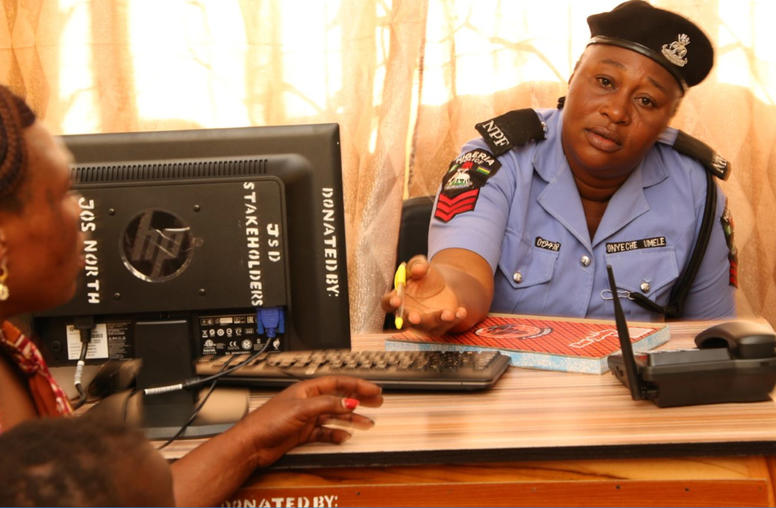
As Africa Battles Sexual Violence, a Nigerian City Shows How
When civic leaders and officials in Jos, Nigeria, launched an initiative in 2017 to calm repeated bloodshed in the city, a series of dialogue forums with residents revealed a chilling pattern of hidden violence in their midst: sexual assault. Girls and women recounted rapes and attacks for which justice was impossible, often because authorities were unresponsive. The women faced a problem common to their sisters across Africa: national laws against sexual violence were having little effect on the ground. But the dialogues have wrought a change. In May, police in Jos opened the city’s first unit dedicated to investigating sexual and gender crimes.
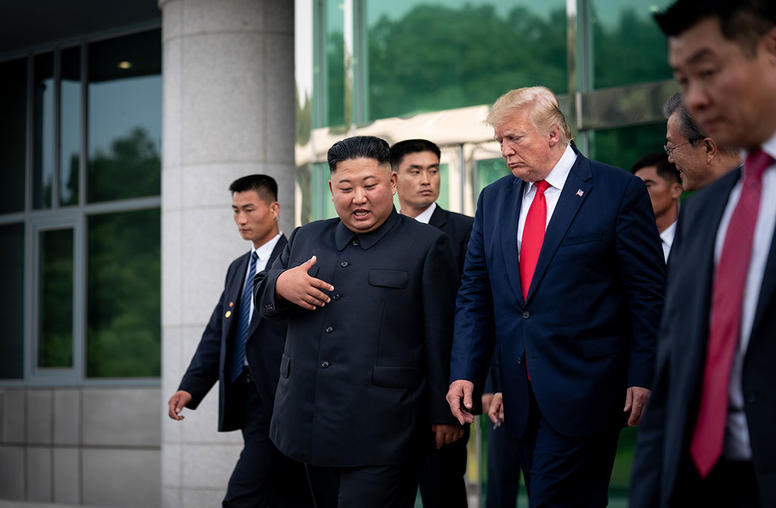
What’s Next with North Korea?
It’s been over a month since President Trump became the first sitting American president to set foot in North Korea. After months of stalled talks, this third Trump-Kim meeting was greeted with optimism, as the two leaders agreed to resume working-level negotiations. Not only have those talks not started up again, but North Korea has since conducted several missile tests in what many experts believe is a bid to maintain pressure on Washington and Seoul.
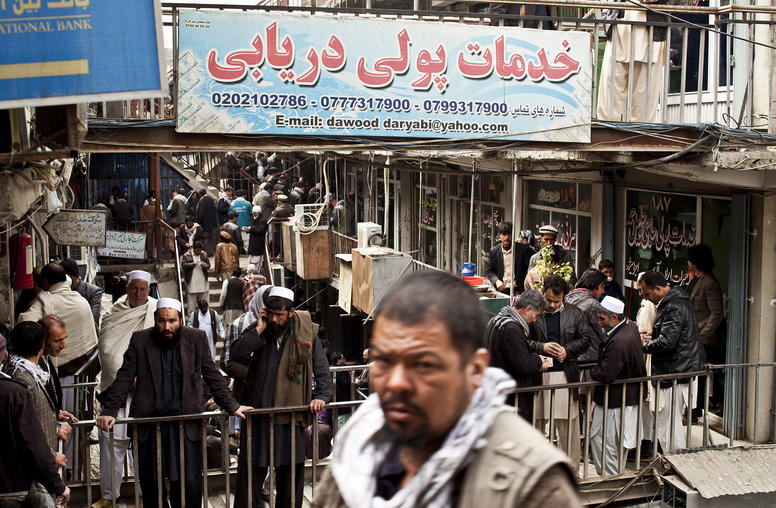
Afghan Government Revenue, Critical for Peace, Grows in 2019
An Afghanistan peace deal, currently under discussion between the Taliban and U.S., will depend in the long term on more than political and military agreements. A sustained peace will also require that the Afghan government can generate growing revenue to help pay its soldiers, deliver services and reduce its dependence on...
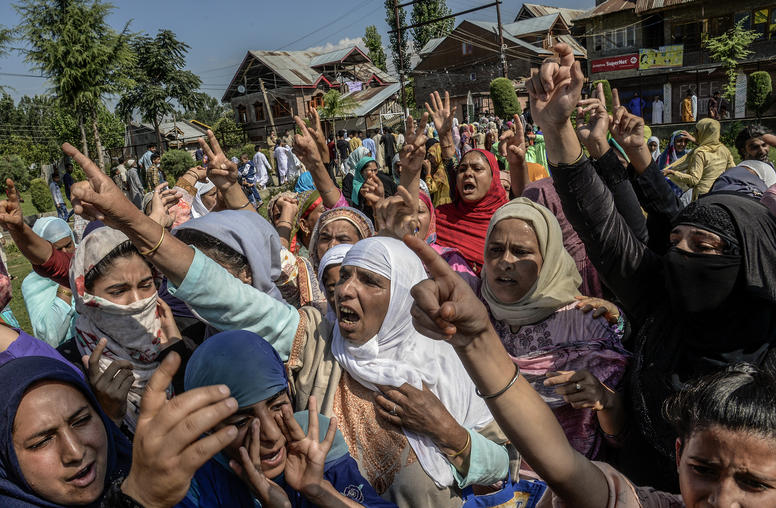
Kashmir Crisis Raises Fear of Intensified India-Pakistan Conflict
Last week, India made a controversial decision to revoke the special status of the disputed region of Kashmir and sent thousands of troops to quell any potential unrest. The Muslim-majority territory has been a major source of tension between India and Pakistan since it was partitioned between...
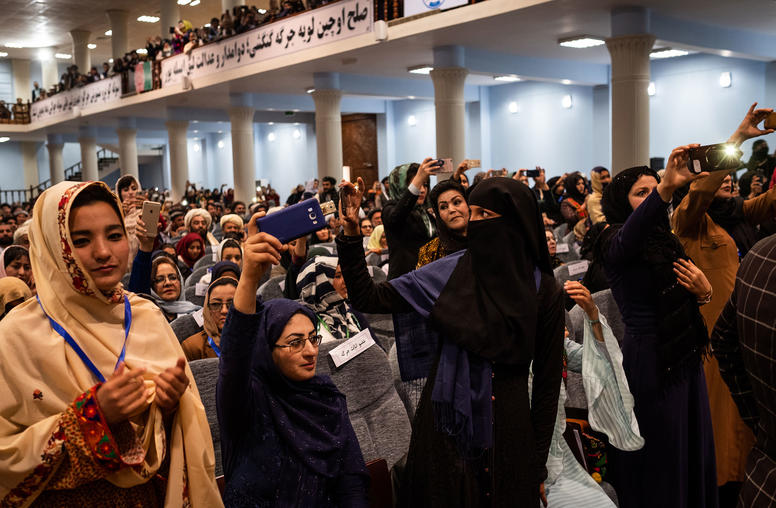
Afghans Want the Right Peace Deal, Not Just an End to Violence
Afghans are hopeful that a peace deal between the Taliban and the U.S. will bring them a step closer to the end of the country’s four decades of conflict. This protracted state of war has resulted in the loss of countless lives; mass displacement; and the destruction of infrastructure and the education and justice systems. Afghans will feel the consequences for generations to come.
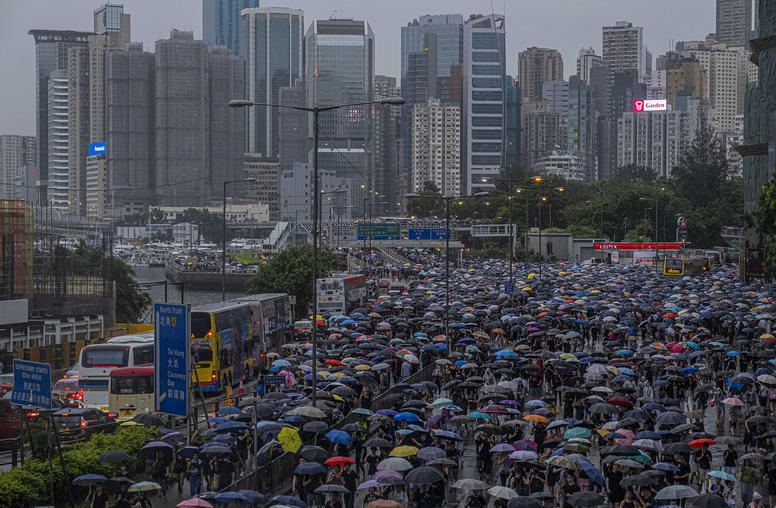
Despite Beijing’s Threats, Hong Kong Protesters Remain Unbowed
Hong Kong saw another massive rally on Sunday, with an estimated 1.7 million pro-democracy protesters taking to the streets. So far, China’s response to the protests, which started in June over a proposed bill that would have allowed extradition to mainland China, has largely consisted of a disinformation campaign and support for the Hong Kong police, which have engaged in violent beatings, extensive use of tear gas, and firing of rubber bullets to clamp down on the protesters. USIP experts discuss how the situation has evolved, the potential of Beijing conducting a violent crackdown, what the international community’s response would be, and what the U.S. can do.
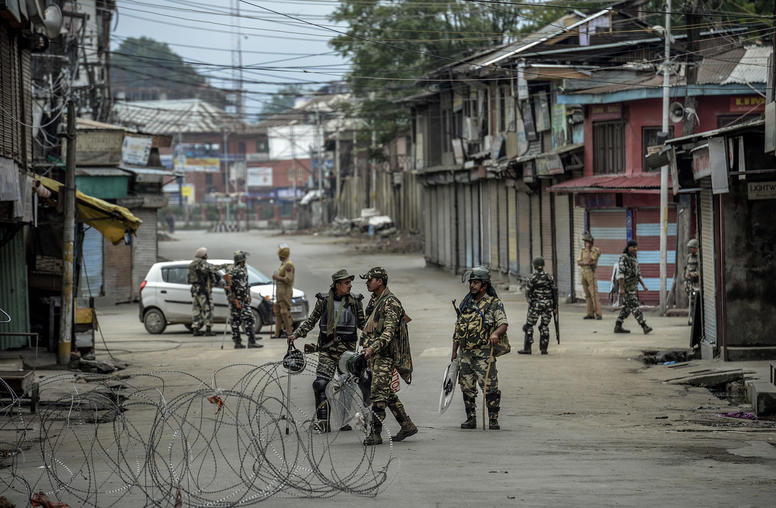
The Latest Kashmir Conflict Explained
USIP Jennings Randolph Fellows Dr. Tara Kartha and Ambassador Jalil Jilani look at the latest crisis in Kashmir from their respective views. Dr. Kartha was a member of India’s National Security Council for 15 years and has over 30 years’ experience in national security policy. Amb. Jilani, a career Pakistani diplomat, is a former ambassador to the U.S. and former foreign secretary. This post represents the views of the authors and not those of USIP.
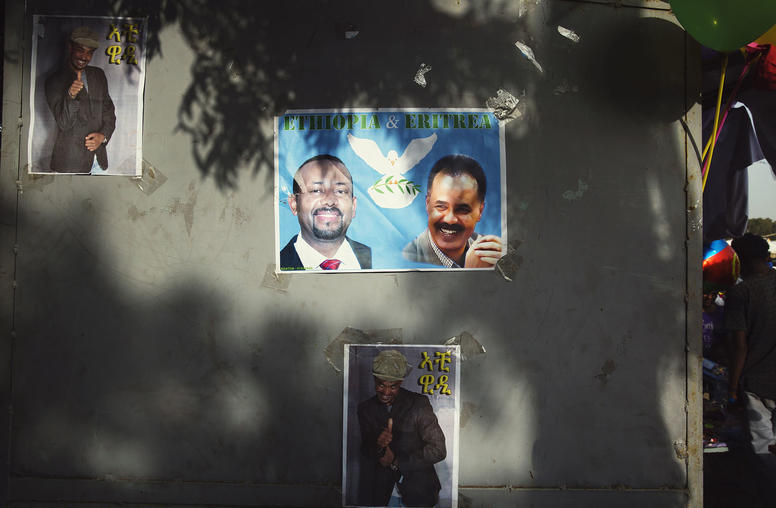
A Year After the Ethiopia-Eritrea Peace Deal, What Is the Impact?
Ethiopia and Eritrea signed a peace agreement just over a year ago to end two decades of a “frozen war.” The accord, which resolved a seemingly intractable border dispute after Ethiopian Prime Minister Abiy Ahmed took office and accepted an independent commission’s 2002 boundary decision, was greeted with tremendous optimism in both countries and by international observers.
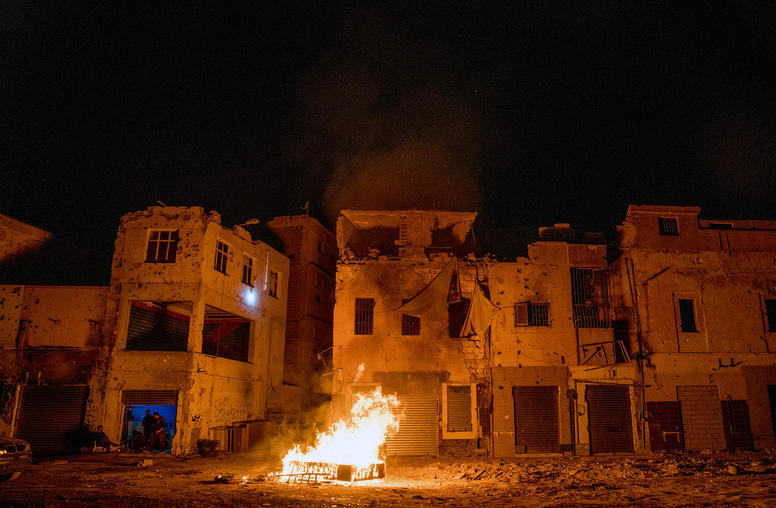
Factional Conflict Leaves Libya Deadlocked
In April 2019, Field Marshal Khalifa Haftar and his self-styled Libyan National Army launched an offensive to capture Tripoli from the U.N.-backed Government of National Accord seated there. Four months later, the result has been a virtual stalemate that has claimed over 1,000 lives. And while fighting on the ground is at a standstill, multiple regional actors continue providing air support and direct aid to either side. USIP’s Thomas Hill breaks down the current situation in Libya and the possibility for peace amid this deadly standoff.
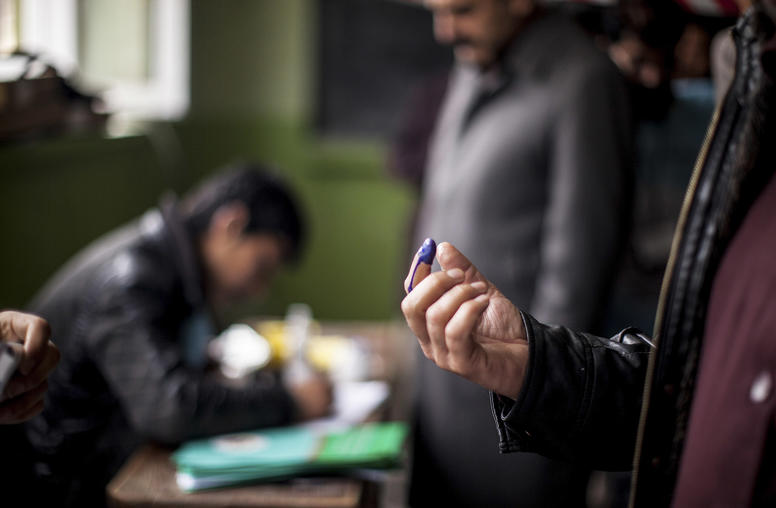
Walking a Fine Line: Holding Elections Amid Peace Processes
Elections that are organized amid a peace process can either destabilize or pacify a conflict. The vote can put significant pressure on a peace accord, as Colombia is experiencing today, or it can integrate formerly warring parties into the political process, as in Nepal’s 2008 Constituent Assembly elections. The timing of elections in relation to peace processes, as well as the inclusivity of the process itself, are critical in determining whether peace or conflict prevails at the polls.